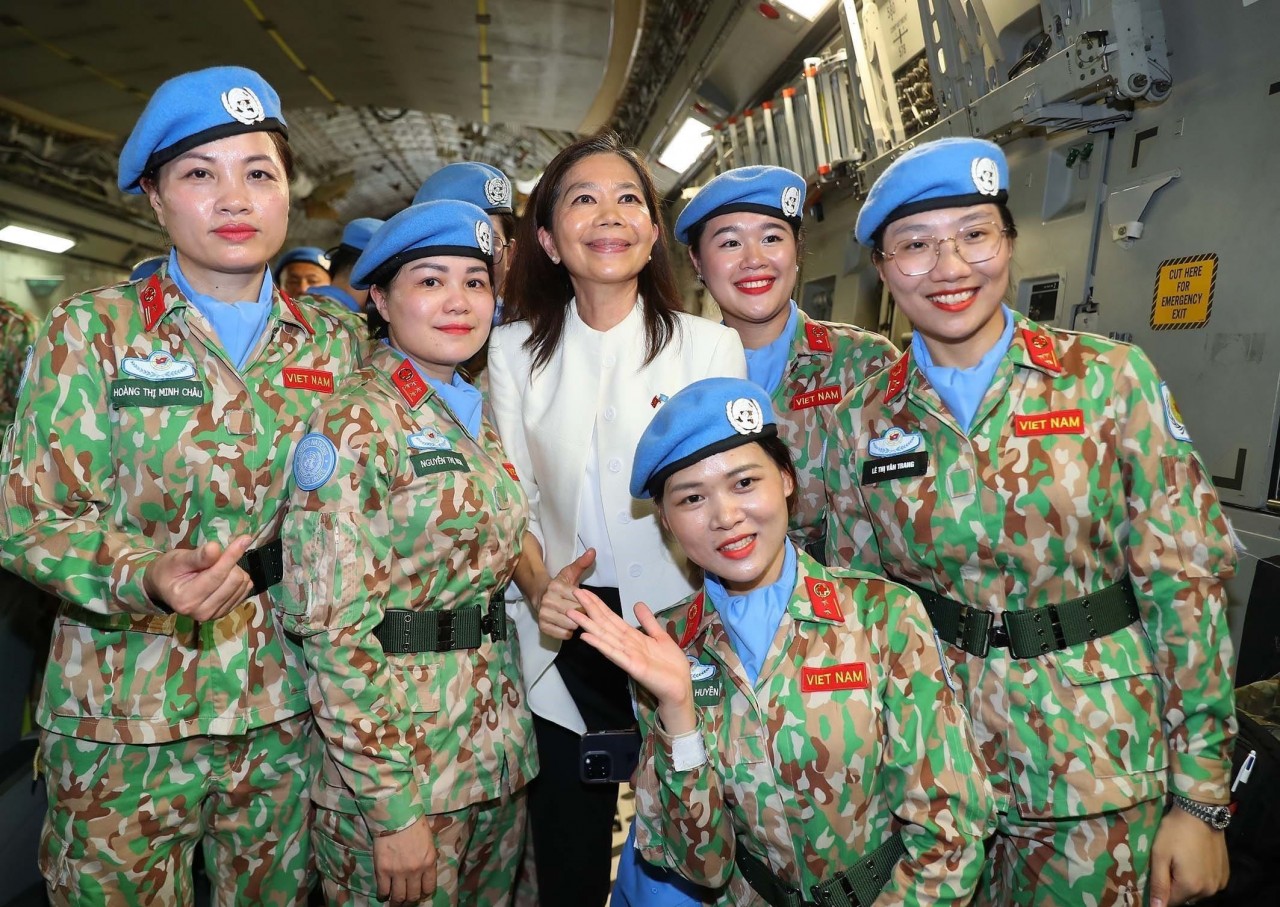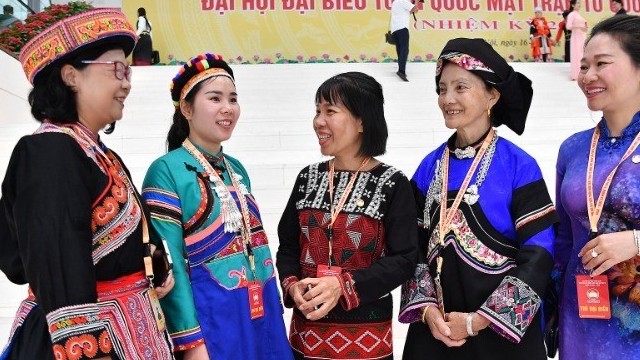Diplomacy in Cause of Defending Socialist Vietnam: Achievements and Lessons Learned (Part 1)
Evolution of Communist Party of Vietnam’s theoretical thinking on defending socialist homeland and its application in foreign affairs
| Meetings Look Into Strategy on Building, Perfecting Rule-of-law Socialist State | |
| Enhancing Vietnam - Sri Lanka Relations through Multi-faceted Cooperation |
During the struggle for national independence, the task of protecting the Fatherland was centered on resisting foreign invaders and safeguarding the nation's independence, sovereignty, unity, and territorial integrity. The defense of the Fatherland during this period was primarily carried out through military actions, with diplomacy playing a supporting role through negotiations. It can be said that Vietnam's foreign policy during this time was based on sound decisions and proactive steps, deeply rooted in the thought of President Ho Chi Minh "Adapt to changes while maintaining consistency." Vietnam's foreign relations worked in tandem with its armed forces, contributing significantly to negotiations that created strategic delays, allowing time to build forces for the resistance. When military successes were achieved on the battlefield, diplomacy leveraged these gains to intensify efforts, leading to notable victories (such as the Geneva Accords in 1954 and the Paris Agreement in 1973), which gradually secured national freedom, independence, and unification, establishing the nation's standing on the international stage.
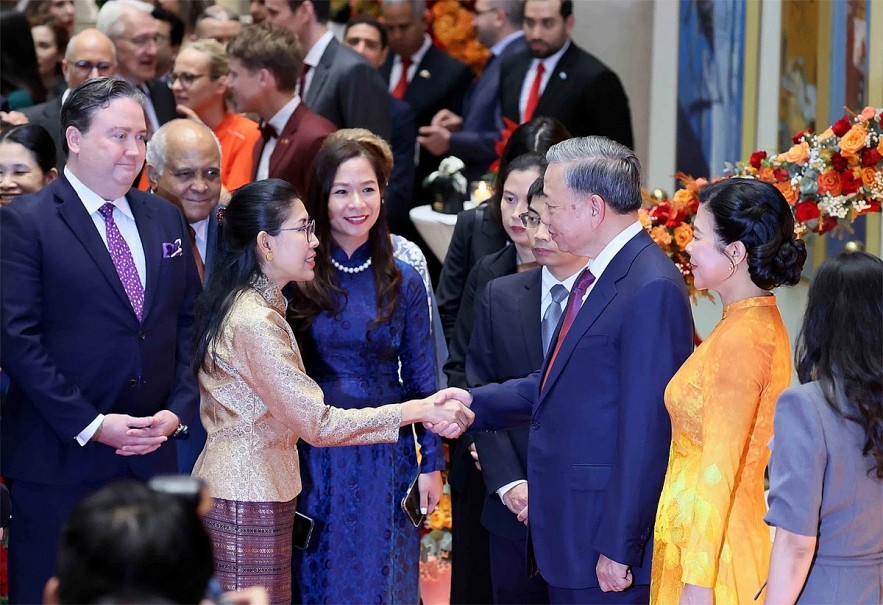 |
| General Secretary, President To Lam and his wife with ambassadors, chargé d'affaires, and heads of international organizations in Vietnam attending the 79th anniversary of the National Day of the Socialist Republic of Vietnam (September 2, 1945 - September 2, 2024). Photo: VNA |
In subsequent periods, the Communist Party of Vietnam inherited and developed the concept of defending the socialist homeland, drawing on the wisdom of previous generations. Historical figures like Tran Quang Khai (1241–1294) emphasized fostering intellectual and physical strength during peacetime, while Tran Hung Dao (1232–1300) advocated "nurturing the people’s strength as a deep-rooted and enduring strategy." Similarly, King Le Thai To (1385–1433) advised preparations for border defenses and long-term national strategies. These insights underscored the importance of building a strong economy and robust military during peacetime to prepare for emergencies. These enduring principles have been preserved and expanded by the Party.
The platform for national construction in the transitional period to socialism (1991) set the task of defending the Fatherland as "safeguarding independence, sovereignty, unity, and territorial integrity; protecting the Party, the State, the people, and the socialist regime; maintaining peace, political stability, national security, and social order; proactively preventing and defeating the conspiracies and actions of hostile forces against our people's revolutionary cause."
The development of the theoretical thinking on defending the socialist Fatherland has also been aligned with an evolving understanding of security issues, including both traditional and non-traditional security. Non-traditional security issues are not separate from traditional security, as these two are intertwined and can transform into each other. The 8th Party Congress (1996) recognized that "the world community faces many global issues (environmental protection, controlling population growth, preventing and fighting severe diseases), and no single country can solve them alone. Multilateral cooperation is needed." The 9th Party Congress (2001) continued to affirm and expand this, adding the issue of transnational crime to the agenda. The 10th Party Congress (2006) further expanded this to include "pressing global issues that require cooperation between countries and organizations to address: the growing disparity between rich and poor countries, population growth and migration, energy shortages, resource depletion, environmental destruction, worsening climate, and major natural disasters and diseases."
At the 11th Party Congress (2011), the Party officially adopted the concept of non-traditional security, addressing issues such as terrorism, environmental protection, and responses to global climate change, as well as controlling population growth and preventing severe diseases.The 8th Plenum of the 11th Party Central Committee (2013) marked a significant milestone by clearly defining the objectives of socialist homeland defense, including safeguarding sovereignty, protecting the Party, State, and people, preserving national interests and cultural identity. These goals emphasized stability and peace as prerequisites for national development. The 12th Congress (2016) introduced proactive measures to prevent potential conflicts early, while the 13th Congress (2021) further refined the mission by highlighting human security, socio-political order, and rule of law as foundational to national defense.
At the 8th Central Committee Meeting of the 11th Party Congress (October 25, 2013), the Party clearly outlined the objectives and tasks for defending the socialist Fatherland, which included safeguarding independence, sovereignty, territorial integrity, protecting the Party, State, the people, and the regime, defending national interests, political security, social order, and Vietnam’s advanced culture, maintaining political stability and a peaceful environment to develop the nation with the goal of "a prosperous people, a strong country, democracy, justice, and civilization." The 12th Party Congress (2016) outlined a new direction for national defense with the objective of "early and proactive prevention of the risks of war and conflict; actively preventing, detecting early, and eliminating unfavorable factors, especially internal factors that may cause sudden changes." The 13th Party Congress (2021) further refined and clarified the tasks of securely defending the socialist Fatherland of Vietnam, emphasizing the protection of independence, sovereignty, unity, territorial integrity, the Party, State, the socialist regime, the nation's culture, and national interests; maintaining peace, political stability, national security, human security, and building a socially orderly, safe, and healthy society to develop the nation according to socialist orientation.
It is evident that the goals, requirements, and tasks of national defense and security have been consistently affirmed by the Party, with increasingly clear and comprehensive additions to the content and scope of defense. The goal of protecting the Fatherland is not merely to respond to war but, more importantly, to generate the strength needed to maintain political stability and a peaceful environment, enabling the construction and development of the nation according to socialist principles.
The 13th Party Congress emphasized "proactive prevention" as the core approach. Timely and effective responses to non-traditional security threats, such as disaster relief, natural disaster mitigation, and epidemic control, are crucial. There must be strategies to prevent the risks of war and conflict from an early stage. Efforts must be made to prevent conflict and war and resolve disputes through peaceful means in line with international law. This reflects the Party’s comprehensive vision for building and protecting the socialist Fatherland of Vietnam. Along with ensuring national security, all measures for achieving national security should be examined comprehensively.
The Party's current perspective on protecting the Fatherland reflects both the inheritance and development of previous viewpoints, with important new elements that ensure a more holistic and comprehensive approach, such as placing national defense and security in close relationship with economic, cultural-social, and foreign affairs.
Thus, the task of protecting the Fatherland requires the involvement of all forces, maximizing the collective strength across all fields. The methods and measures to protect the Fatherland—ranging from economics, political-diplomatic, cultural-social to national defense and security—must be used flexibly, with close coordination. The interconnectedness and interaction between these factors will create a comprehensive, united strength to protect the nation's sovereignty, territorial integrity, and independence. The relationship between foreign policy and other fields, such as defense-security, economics, trade-investment, and culture-society, is one of mutual influence and support.
However, in each historical phase, the protection of the nation has faced its own set of unique risks and challenges. In this context, Vietnam's foreign policy has always demonstrated flexibility and creativity in formulating and implementing suitable methods and solutions. Thanks to its quick thinking and effective response, Vietnam's foreign policy has undergone continuous development, making significant contributions to the cause of building and defending the socialist Fatherland of Vietnam.
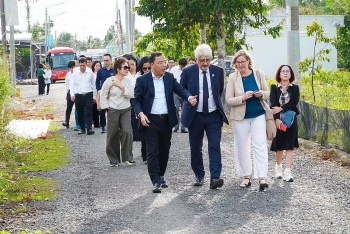 | EU Delegation Highlights Green Energy Transition in Can Tho and Tra Vinh This initiative is part of the EU's Global Gateway Strategy, which prioritizes investments in climate and energy projects to foster infrastructure development and accelerate the ... |
 | Vietnam - Bright spot in Implementing International Conventions on Human Rights Throughout the years, Vietnam has worked diligently to secure the rights and interests of its people. These efforts have not only garnered recognition from the ... |
Recommended
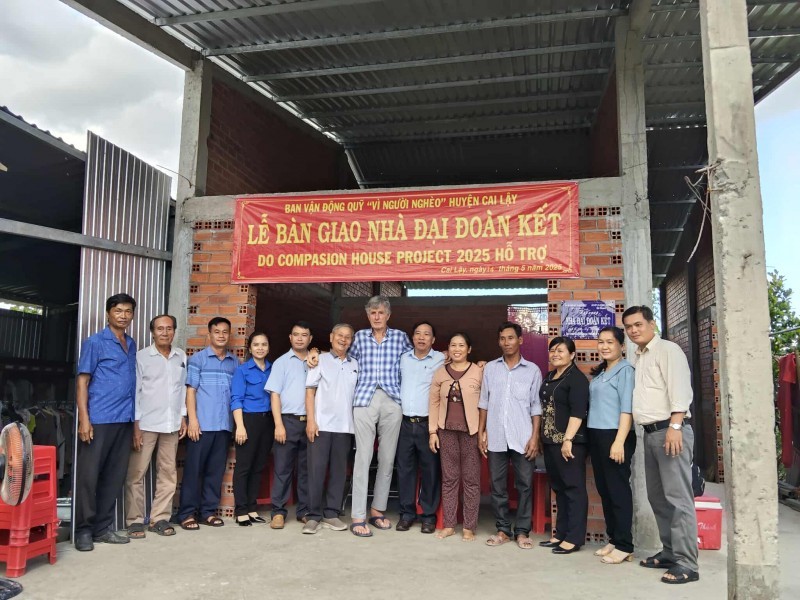 Viet's Home
Viet's Home
Compassion House - John Donovan Project Supports 10 Great Solidarity Houses in Tien Giang
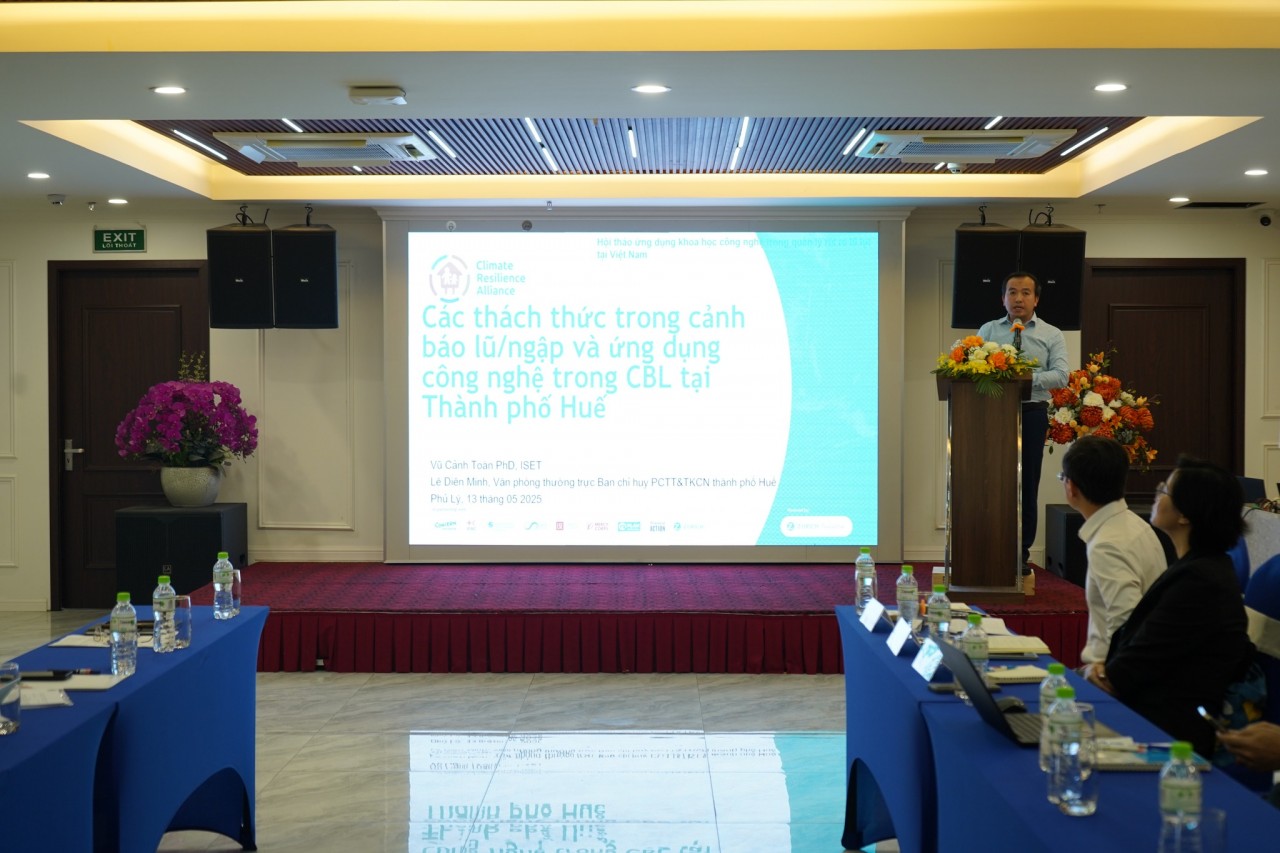 Viet's Home
Viet's Home
Harnessing Emerging Technologies for Flood Risk Warning in Vietnam
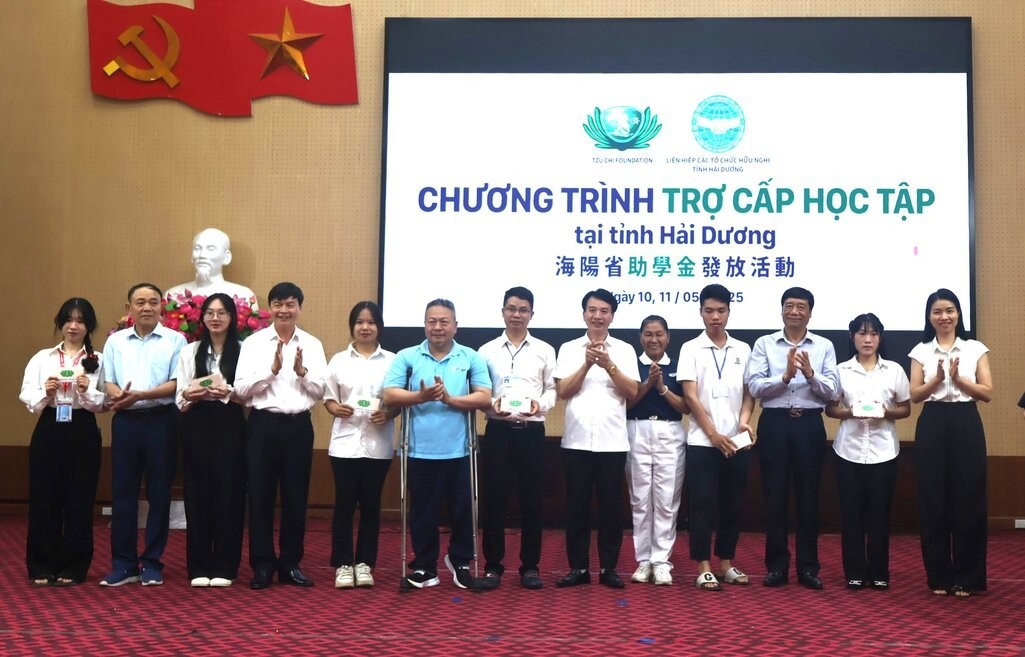 Viet's Home
Viet's Home
Tzu Chi Grants Over VND 2 Billion to Support Disadvantaged Students in Hai Duong
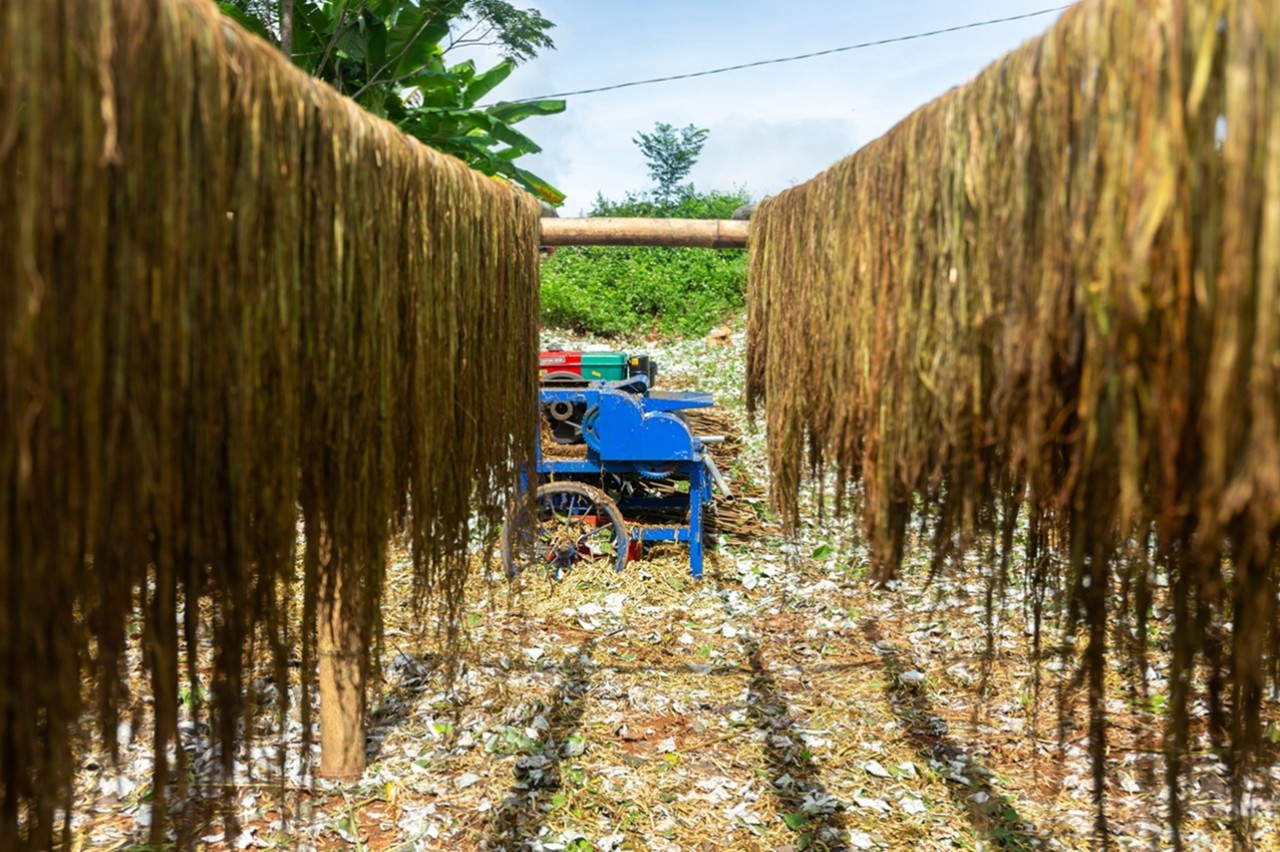 Viet's Home
Viet's Home
CARE Supports Hoa Binh Residents to Develop Sustainable Hemp Products
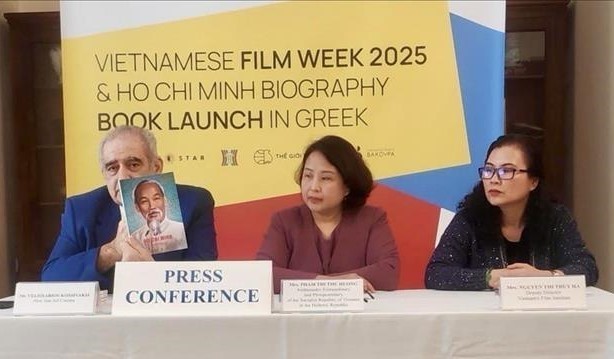 Viet's Home
Viet's Home
"Ho Chi Minh Biography" in Greek Launched in Athens
 Viet's Home
Viet's Home
French-Vietnamese Author Introduces Book Series "Memories of Overseas Vietnamese"
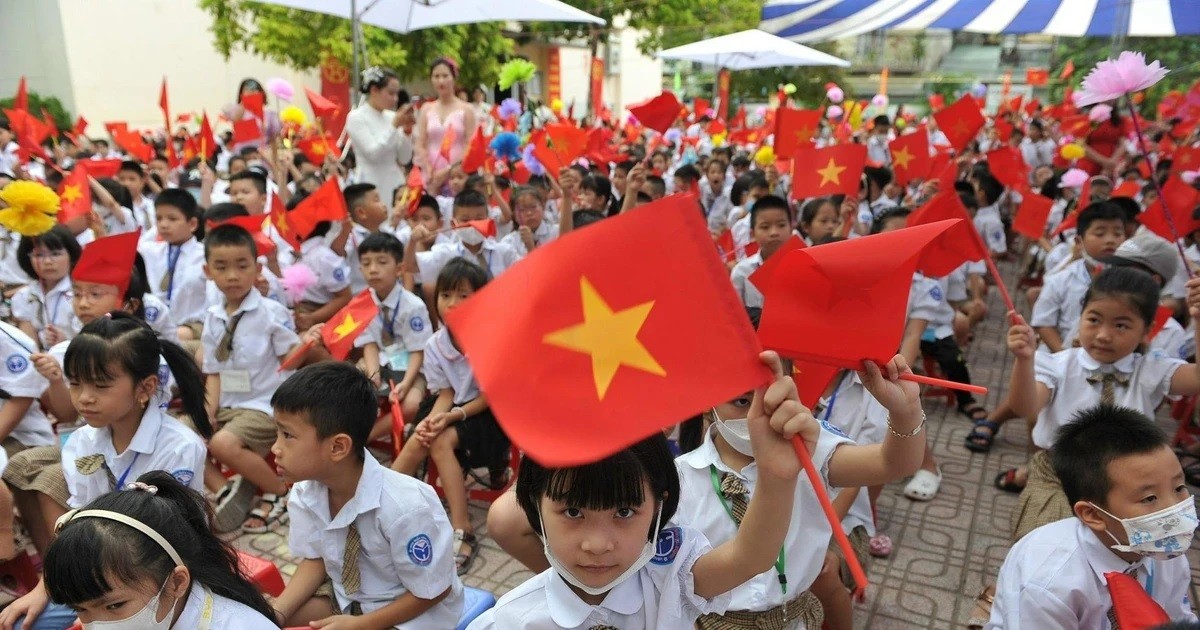 Viet's Home
Viet's Home
Vietnam's Human Development Index Remains High
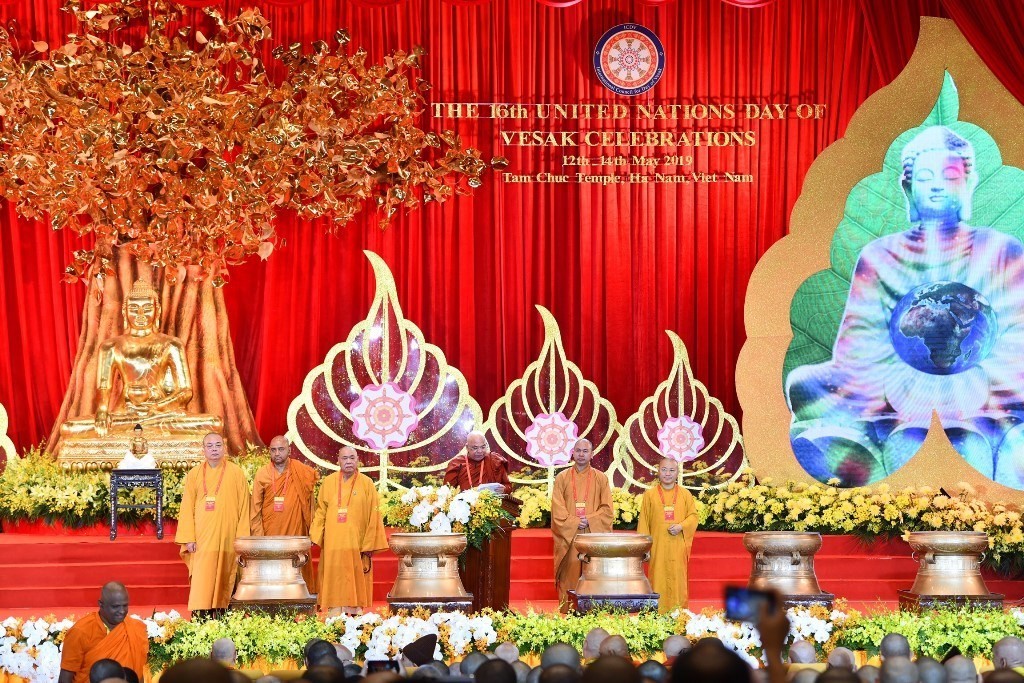 Viet's Home
Viet's Home

